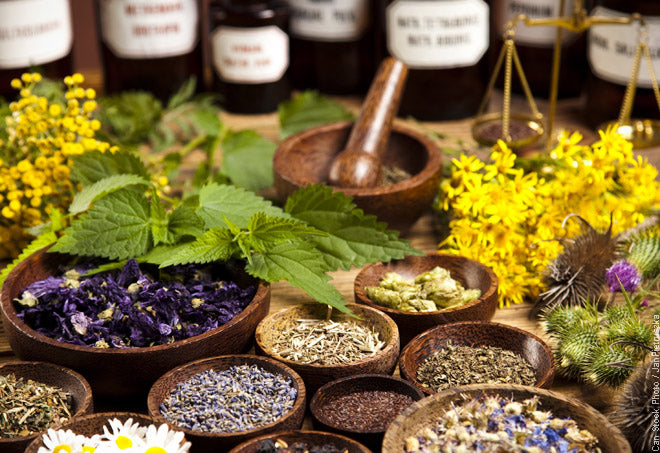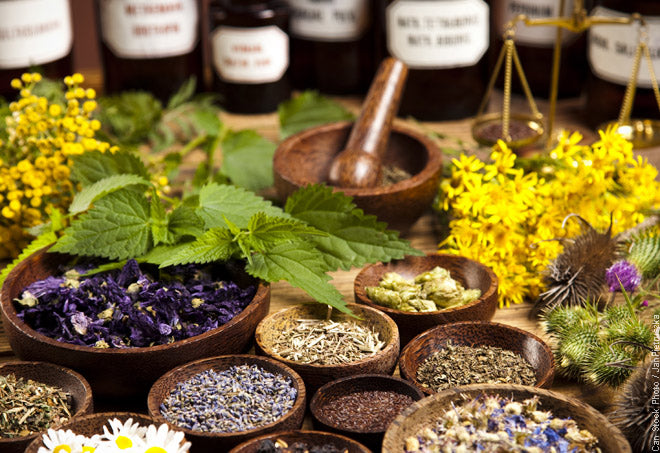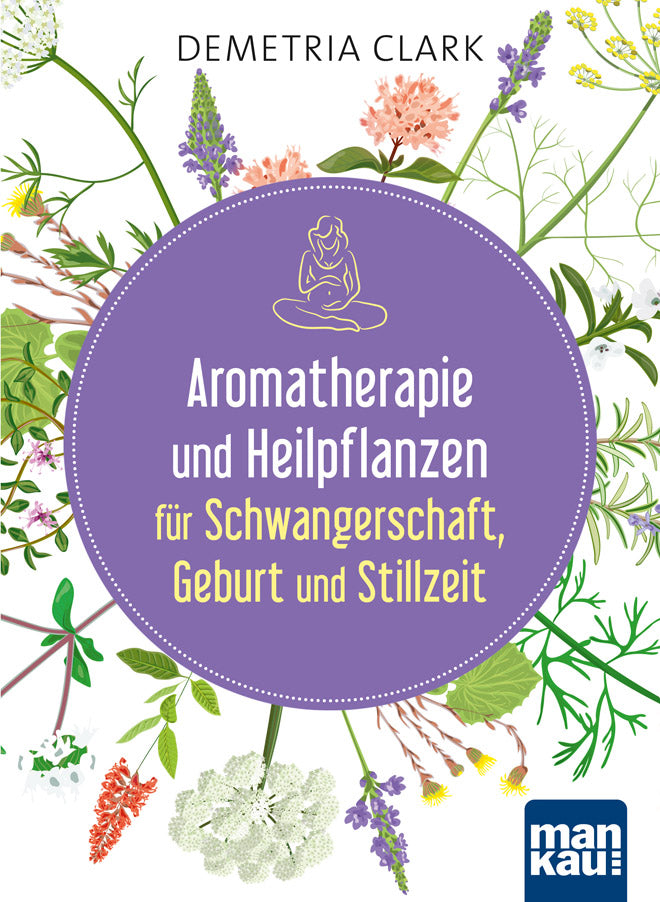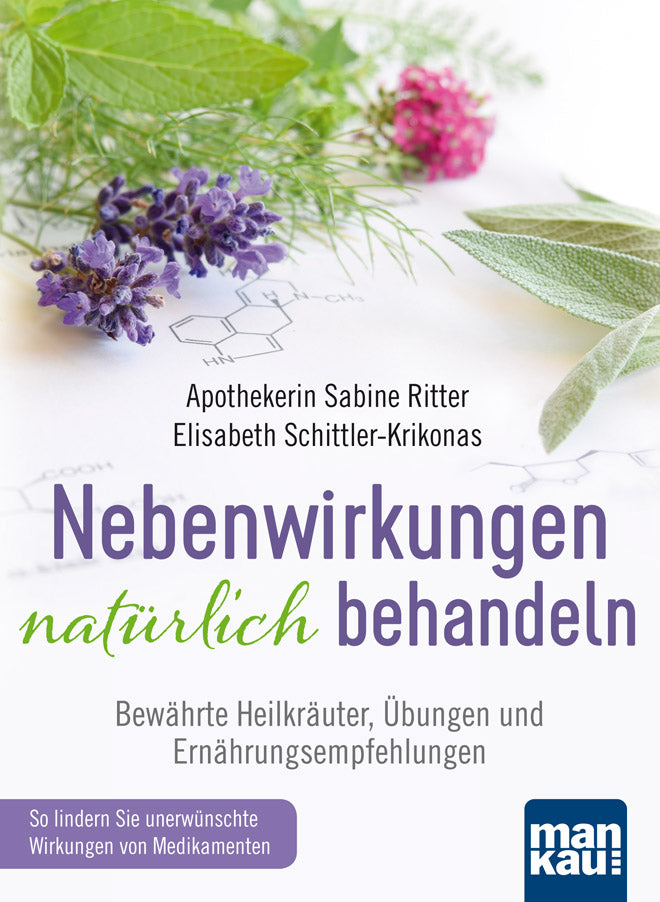
Medicinal plants and herbs during pregnancy
Medicinal plants and herbs during pregnancy
Traditional healing methods and recipes from herbal and plant medicine support a natural birth
The global trend towards alternative and traditional medicine is also having an impact on obstetrics. Midwife and herbal expert Demetria Clark presents her extensive knowledge of treating expectant mothers in a practical guide .
Help from nature in a very special time
Over the past twenty years, dissatisfaction with the cost, questionable safety and lack of effectiveness of prescription drugs, combined with increased interest in natural remedies, has led to a huge increase in the use of medicinal herbs and plants. The World Health Organization (WHO) estimates that more than eighty percent of the world's population relies on herbal and plant medicine to some degree for basic medical care. In Germany and Switzerland, between six and seven hundred herbal and plant remedies are available and are prescribed by a good seventy percent of doctors.
For Demetria Clark, internationally recognized specialist and initiator of the e-learning platform Heartofherbs.com, her confidence in using medicinal plants is based on the "knowledge that the use of many herbs has been documented for hundreds, sometimes even thousands of years." With her guide "Aromatherapy, medicinal plants and medicinal herbs for pregnancy, birth, postpartum and breastfeeding," she is committed to dealing with this very special time of life in a natural way.
Herbal medicine through the centuries
Herbal and plant medicine follows a natural approach. Over the last five thousand years, people have used different methods to treat health problems, and many of these were based on herbal preparations. "The wisdom and expertise of earlier herbalists have brought us to where we are today, both in herbalism and traditional medicine," explains the expert. The development of herbalism is closely intertwined with the history of modern medicine and obstetrics. Many of the early herbalists were women, mothers, midwives. Until around a hundred years ago, housewives usually made the medicine for the family themselves, a tradition that is making a comeback as parents increasingly take the family's health into their own hands.
Because herbal and plant medicine has been around for so long, there has been time to find out which plants and remedies are tried and tested, what to use when, and what to avoid. Like other herbalists, Demetria Clark draws on these traditions when creating herbal formulas. But as with all medical approaches, there are guidelines to follow, precautions to take, and basic knowledge to learn before beginning treatment.
Medicinal plants for the different phases of pregnancy
Like aromatherapy, which is based on essential plant oils, herbalism is based on the traditional knowledge of how to use herbs as medicine. While essential oils can only be used externally by applying them to the skin or inhaling them, medicinal herbs and medicinal plants can also be used internally.
In general, each phase of pregnancy, birth, postpartum and breastfeeding should be considered individually. The experienced aromatherapist and herbalist therefore advises: "First of all, familiarize yourself with the topic of pregnancy. Find out about nutrition and possible problems during pregnancy. Find out what the body is going through or can go through. When you later deal with herbs and plants, you will know which ones you need to treat the respective problem."
Her practical guide presents the various possible uses and recipes and also deals with assessing the quality of herbs and plants. Herbal profiles with safety information show which herbs are used during pregnancy, childbirth and the postpartum period. Some herbs are not suitable during pregnancy or breastfeeding, but are helpful during childbirth, for example because they stimulate contractions. Others are useful during the postpartum period, but should not be used before birth. Demetria Clark has therefore put together recipes for all phases and divided them according to needs and complaints.
Book tip:
Demetria Clark: Aromatherapy and medicinal plants for pregnancy, birth and breastfeeding. Tried and tested applications and recipes. Mankau Verlag, 1st edition July 2017, paperback, 16 x 22 cm, full color, 254 pages, 20 euros (D) │ 20.60 euros (A), ISBN 978-3-86374-389-5.
Link recommendations:
More information about the guidebook "Aromatherapy and medicinal plants for pregnancy, birth and breastfeeding"
More about herbal expert, doula and author Demetria Clark











